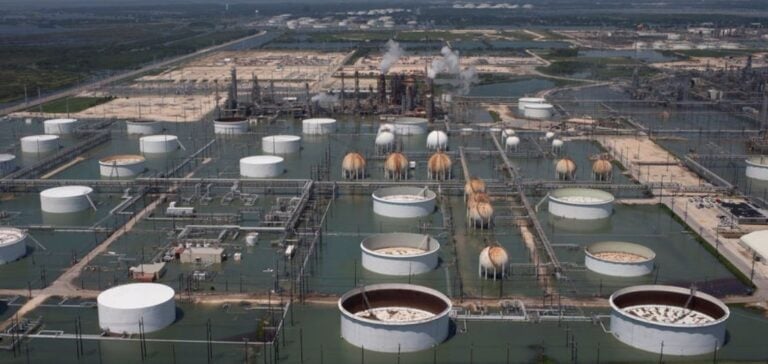Commercial crude oil inventories in the United States dropped by 4.3 million barrels during the week ending May 30, according to the Energy Information Administration (EIA) in its weekly report. This decline exceeded analysts’ expectations, who had forecast a decrease of 3.1 million barrels based on a median estimate reported by Bloomberg on June 4.
Excluding the Strategic Petroleum Reserve, total inventories stood at 436.1 million barrels. This decrease is partially attributed to the ramp-up in US refinery operations, with utilisation rates climbing to 93.4%, up from 90.2% the previous week. Increased crude processing by refineries directly contributes to lower stored volumes.
Higher refinery throughput and crude inflows
Crude oil inputs to refineries rose by 4.10%, confirming higher activity across the downstream sector. Domestic production remained largely stable at 13.41 million barrels per day, compared to 13.40 million the week before, a marginal increase of 0.07%.
US crude oil exports declined by 9.16%, totalling 3.9 million barrels per day. Imports remained nearly flat at 6.3 million barrels per day, according to the same EIA data.
Domestic demand shows weakness
Deliveries of refined products to the market—an indirect indicator of demand—fell by 3.53%. The drop is largely driven by a 12.58% decrease in gasoline deliveries. This decline in demand comes despite the beginning of the summer season, which typically sees higher fuel consumption.
Following the report’s release, oil prices registered a modest decline. At 14:55 GMT, West Texas Intermediate (WTI) crude was trading at $63.34 per barrel, down 0.11%. Brent crude from the North Sea showed a steeper drop at $65.36 per barrel, down 0.41%.






















